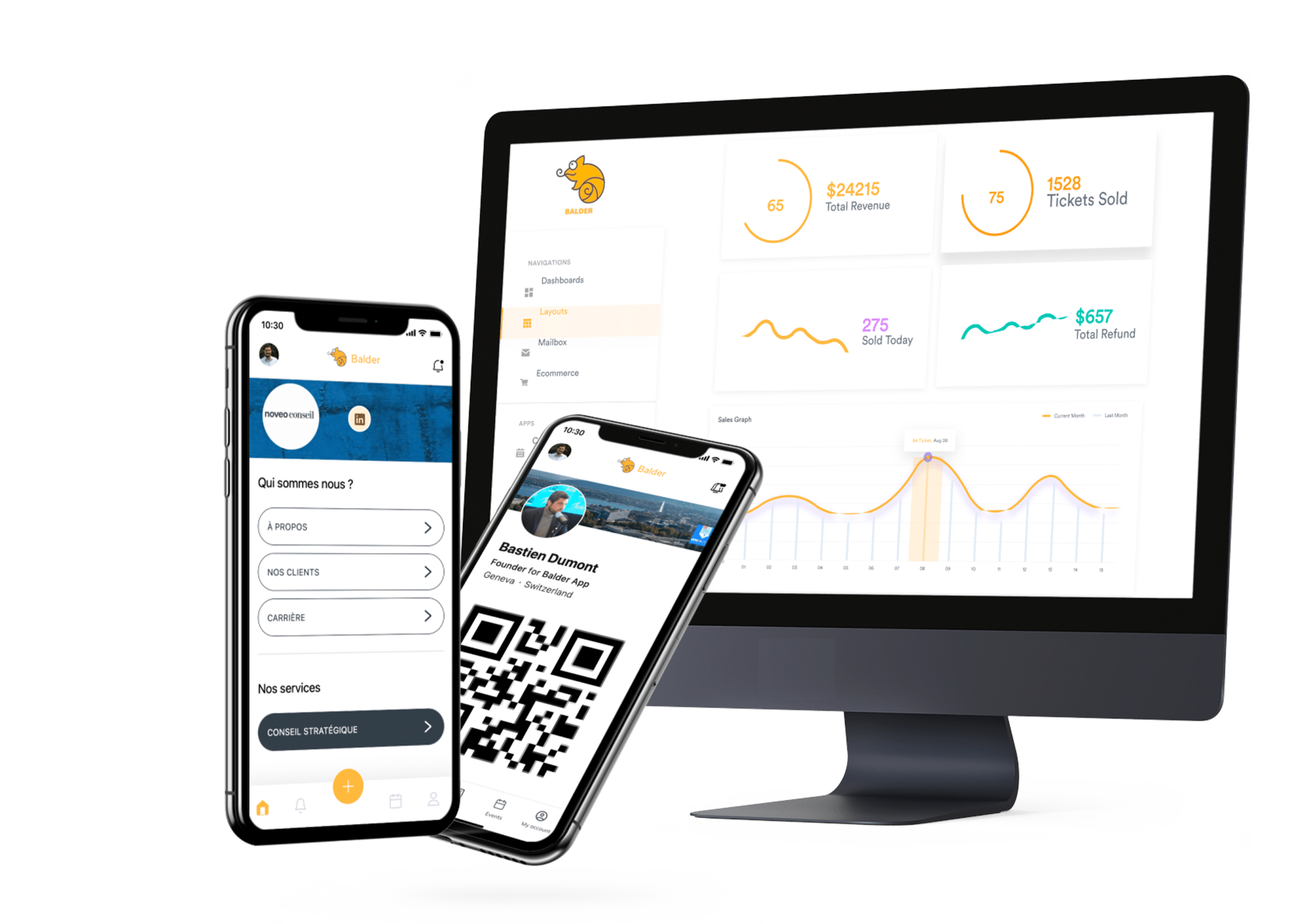Introduction:
The event industry is experiencing rapid development with the evolution of technology, leading to significant changes in how attendees experience events. The adoption of QR codes for event registration and ticketing has become a prominent technological shift in the event management landscape. In this article, we will explore the benefits of using QR codes for event registration and discuss best practices for implementation.
The Growing Popularity of Event QR Codes for Registration:
The Contactless Trend:
The COVID-19 pandemic has accelerated the need for contactless solutions in various industries, including events. QR codes have emerged as a simple yet effective solution to ensure contactless registration, ticket buying, and entry, reducing physical interaction between staff and attendees.
Improved Safety:
QR codes offer enhanced security for event registration as each code is unique and can only be scanned once, preventing unauthorized entry. This heightened security feature is particularly beneficial for high-profile events where stringent security measures are required.
Real-Time Data and Insights:
QR codes enable event organizers to collect data in real-time, allowing them to track attendance, monitor entry times, and gain insights into attendee behavior. This data can be used to optimize event logistics, improve crowd control, and make informed decisions for future events.
Cost Efficiency and Environmental Impact:
The use of QR codes eliminates the need for printing physical tickets and registration forms, reducing costs and minimizing the environmental impact associated with traditional ticketing methods. QR codes offer a more eco-friendly and convenient solution for event attendees.
Key Benefits of QR Code for Event Registration:
Speed and Convenience:
QR codes streamline the event registration process by enabling attendees to receive tickets electronically via email or SMS. Attendees can quickly access their QR code on their smartphone for seamless entry, reducing wait times and enhancing the check-in process.
Versatile and Customization:
Event organizers can customize QR codes to include relevant information such as attendee details, seating arrangements, or access to specific event areas. This versatility allows for a personalized experience for attendees while simplifying event logistics for organizers.
Improved Attendee Experience:
QR codes offer a hassle-free experience for attendees, eliminating the need for physical tickets and providing easy access to event information. Organizers can embed additional details such as event schedules or promotional offers into QR codes, enhancing the overall event experience for attendees.
Increased Engagement and Interaction:
QR codes can be utilized to encourage attendee interaction during events by providing access to exclusive content, surveys, or prize draws. This interactive feature helps keep attendees engaged, interested, and provides organizers with valuable feedback.
Best Practices for Implementing QR Codes in Event Registration:
Choose the Right Event Management Platform:
Select an event management platform that offers QR code ticketing options to facilitate the setup and scanning of QR codes for attendees. Ensure that the platform meets your event requirements in terms of capacity, ticket types, and access control. Balder App offers such platforms
Designed for Mobile Devices:
Optimize QR codes for mobile devices since most attendees will access their QR code from smartphones. Ensure that QR codes are mobile-friendly and easily scannable from screens to enhance the attendee experience.
Strong Security Measures:
Use unique QR codes for each attendee to prevent fraud and unauthorized entry. Implement encryption methods and time-based security measures to protect the data within QR codes, especially for high-profile events requiring heightened security.
Monitoring and Analytics:
Utilize real-time attendee data obtained through QR code scanning to monitor entries, crowd flow, and attendance rates during events. Analyze post-event data to identify trends, insights, and areas for improvement in future events.
Conclusion:
The rise of QR codes for event registration and ticketing signifies a significant technological advancement in event management, offering benefits for both attendees and organizers alike. QR codes provide a faster, more convenient, and secure way to manage event attendees while offering insights into attendee behavior in real-time. As technology continues to evolve, QR codes are poised to play a pivotal role in modern event registration and ticketing, offering a versatile tool for event management across various scales of events.
